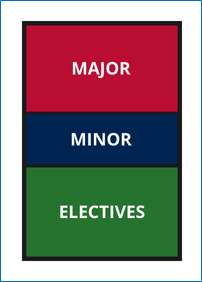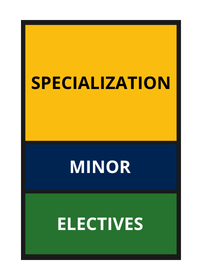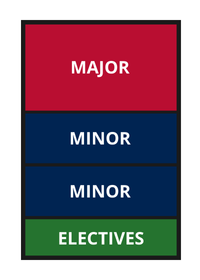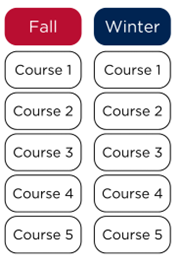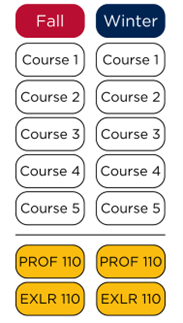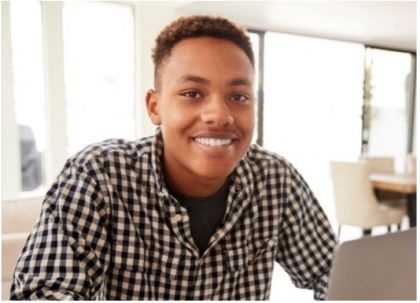What is a Learning Outcome?
Learning outcomes are direct statements that describe the knowledge, skills, and attitudes that students are expected to demonstrate in successfully completing a course or program. You can find the learning outcomes for a course in its description in the Academic Calendar.
I have been admitted to Arts and want to take Science courses (or vice versa); can I do this?
Yes! One of the great advantages of being in a Faculty of Arts and Science is that students may choose from a wide variety of courses. Course options in Arts and Science range from humanities to social sciences, from languages to physical and natural sciences, and even interdisciplinary courses that cross over the “traditional” academic categories. The majority of courses offered by Arts and Science are open to any student in the Faculty, as long as the student has any academic prerequisite required by the course.
However, the Faculty also must ensure that all students have priority access to the courses that they need for their degree or plan. For this reason, we reserve seats in some classes during the first part of registration. BAH/BMUS students receive priority access to Arts courses, and BSCH/BCMPH students receive priority access to Science and Computing courses.
I’m planning on taking lots of Science courses – are there specific sections of each course I need to take?
Yes, it is very important for students to who are taking 3-4 of BIOL 102/103, PHYS 115/116, CHEM 112, MATH 121 to take morning lectures at Duncan MacArthur Hall and labs in the afternoons on main campus. This will ensure that there are no timing conflicts to get from one area of campus to another between classes.
I want to get into a class but it is full – What can I do?
We know how disappointing it can be when this happens, but here are a couple of suggestions. If the class is full, you can opt to go on the wait list. If the class you want doesn’t have a wait list, or the wait list is full, keep trying. Students make lots of class changes throughout the registration period, and it could happen that someone drops the class you want to add. Keep checking for openings - perseverance pays off!
It’s wise to prepare some backup course choices, especially for elective courses. Review the courses available to first-year students, browse the department websites, or look through the Academic Calendar to see all courses offered by Queen’s.
What can I study?
It's really up to you! As a first-year student, you are not yet in a specific plan (unless you were admitted to a direct entry program), so this year is all about exploring different areas of study to find out what your academic interests are.
4We encourage you to take a variety of courses from different disciplines, and to explore the range of subjects available to you. Please follow the advice above as well on ensuring that the courses you choose will give you a range of plan options to select from at the end of your first year, and that you don't take too many "terminal courses" that will limit those options.
Don't forget - even after this year, you'll still have more years of study! If you're keen to take a particular elective that you don't end up having room for this year, you'll have plenty of other opportunities to take it as an upper-year student.
How do I know I picked the right courses?
Before picking your first-year courses for Fall term and Winter term, it’s a good idea to review your list and ask yourself these questions below. If you have chosen courses that lead to many possible plans, and you have the required courses you need to be on track for second year, then you have indeed picked the right courses.
Have I left myself many options for choosing a Major/Plan at the end of first year?
It’s important to choose courses that could lead to a potential plan in that subject – that way at the end of first year you will have lots to choose from. Make sure you read through our Recommended Courses by Plan and take the courses that are labelled [GATEWAY] – those highlighted courses are the ones required to request a major, minor, or specialization in that area. Even if you have a firm idea of what plan you would like to choose, many students change their minds at the end of first year so it’s always wise to have a solid back-up in place.
Have I added too many elective courses?
All the courses on the Courses for First Year Students webpage are great, and we do want you to take them, but remember you have plenty of time! It’s best to keep the number of elective courses you take in first year to a minimum, in order to have many options for when you select a plan later on.
You can also take electives at a lower level, so you have plenty of time to take the electives you are interested in. For example, even if you are in fourth year, you can take 100-level courses as electives.



